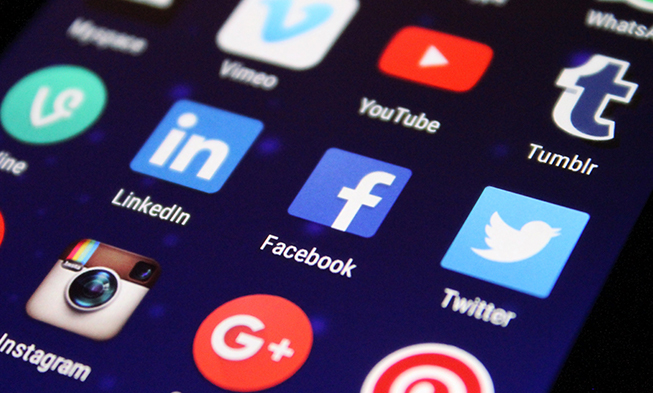
Suzanne Karioki
The internet may have changed the very course of human history, but social media giants like Facebook have permeated every aspect of our lives. It is terrifyingly simple to waste hours mindlessly scrolling through an infinite feed of garbage and even easier to sign away the rights to our information online. But if you’ve tried to quit and failed, you know how hard it is to get offline – and stay there. Before you give up and blame yourself again for giving in, here’s your chance to be more thoughtful about finally giving up the world’s most prolific social network.
Stop Going Cold Turkey
We already know that suddenly trying to change something in your life almost always ends badly — that’s why you ease yourself into exercise after a break, or start with nicotine patches if you want to quit smoking. When you stop thinking of a lifestyle change as a punishment, you’ll be far more successful even if you stumble.
The Purge
One of the reasons why so many users put off quitting is because they don’t want to lose contact with people. But do you really need to keep track of over 600 “friends”? Is every single person on your friends list someone you need in your life or have you accumulated hundreds of strangers? Take the time to remove people you don’t speak to anymore, especially the ones you only follow because of their entertaining public meltdowns. If you’re afraid that removing someone will cause more drama than it’s worth, unfollow them so that you don’t have to see their posts on your feed. It’ll avoid scandal and maybe you’ll feel comfortable with outright deleting them later on.
Notifications B’ Gone
The little red dot is what keeps you coming back for more, even when you know there’s nothing to see. Facebook will even generate useless notifications about events near you that you’ll never attend, or posts in groups you forgot you were in. You can turn these off — including the push notifications that keep you coming back — by going to Settings & Privacy > Settings > Notifications > Notification Settings.
Delete the App
You might have tried this before and seen some success, only to find yourself crawling back after a few weeks. But once you’re comfortable with fewer notifications and only checking Facebook “as needed” (i.e. (i.e. in line at the grocery store), you can uninstall again, knowing that you’re not missing as much as you thought. To make this transition easier, you can still allow yourself to use Facebook in your mobile browser. The mobile website is actually incredibly annoying to use, which will push you to use it less — just don’t cave in and reinstall the app.
Save and Deactivate
Disabling your account isn’t as drastic as outright deleting it. Deactivating allows you to take a break and see how you feel without an account for a while. You can download all of your data, like your contacts and photos, until you work up the courage to hit delete once and for all.
Now What?
You can’t have a clean break with Facebook if you don’t actually take a break. If you’ve been using mindless scrolling to stave off boredom, take the time to finally sit with it. Push yourself to use the time you usually spend online to do something you actually love. Finish the book that’s been sitting on your dresser for weeks. Pick up that old art project again. Even better, go for a short walk or sit outside for a few minutes. Putting your phone down and doing something that energizes you might even give you the motivation to do other things you thought you didn’t have time for. Facebook hasn’t made it easy to quit but taking it slow will set you up for a lot less scrolling and a lot more living.





